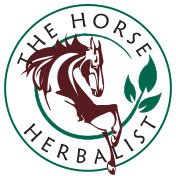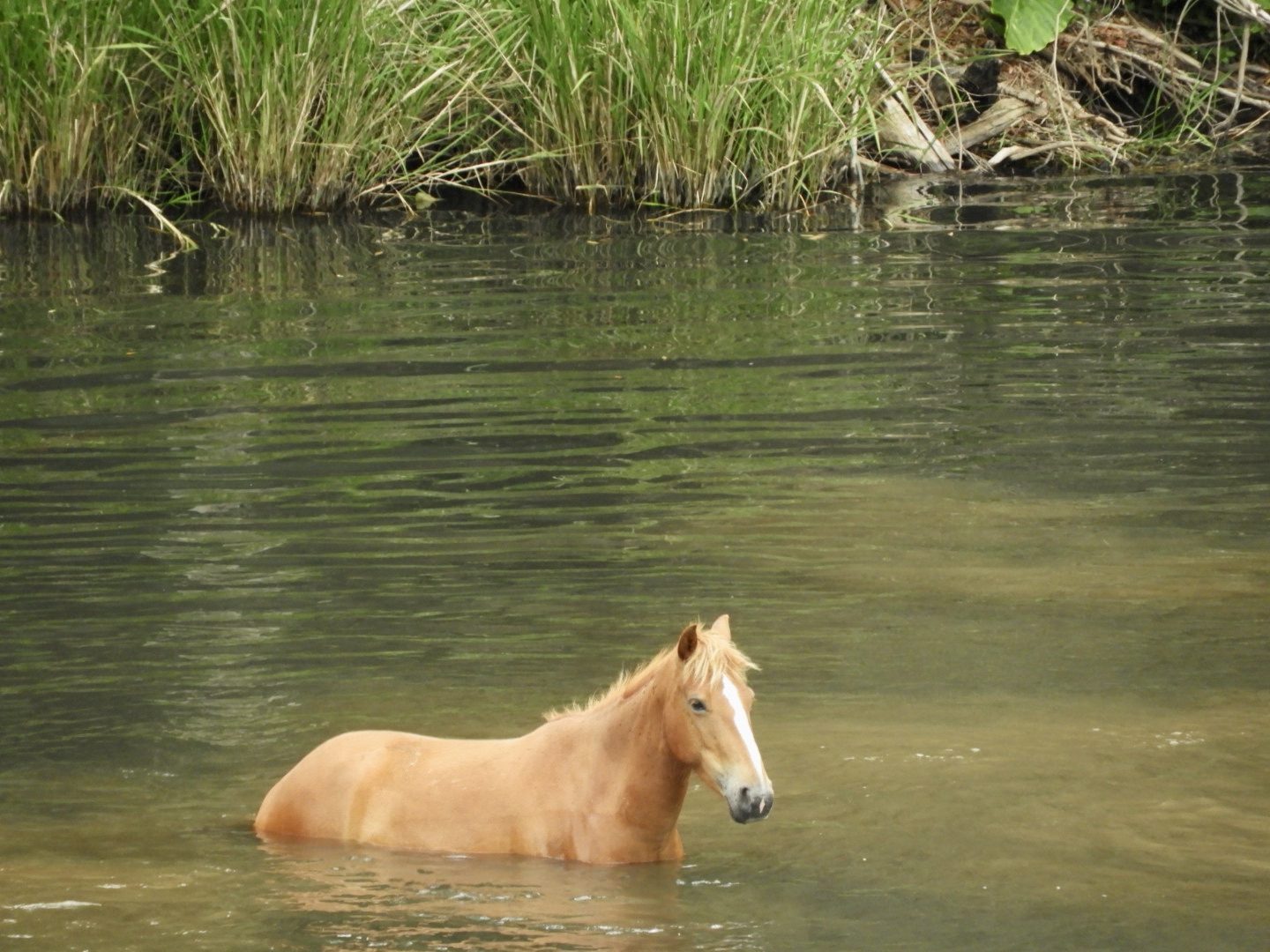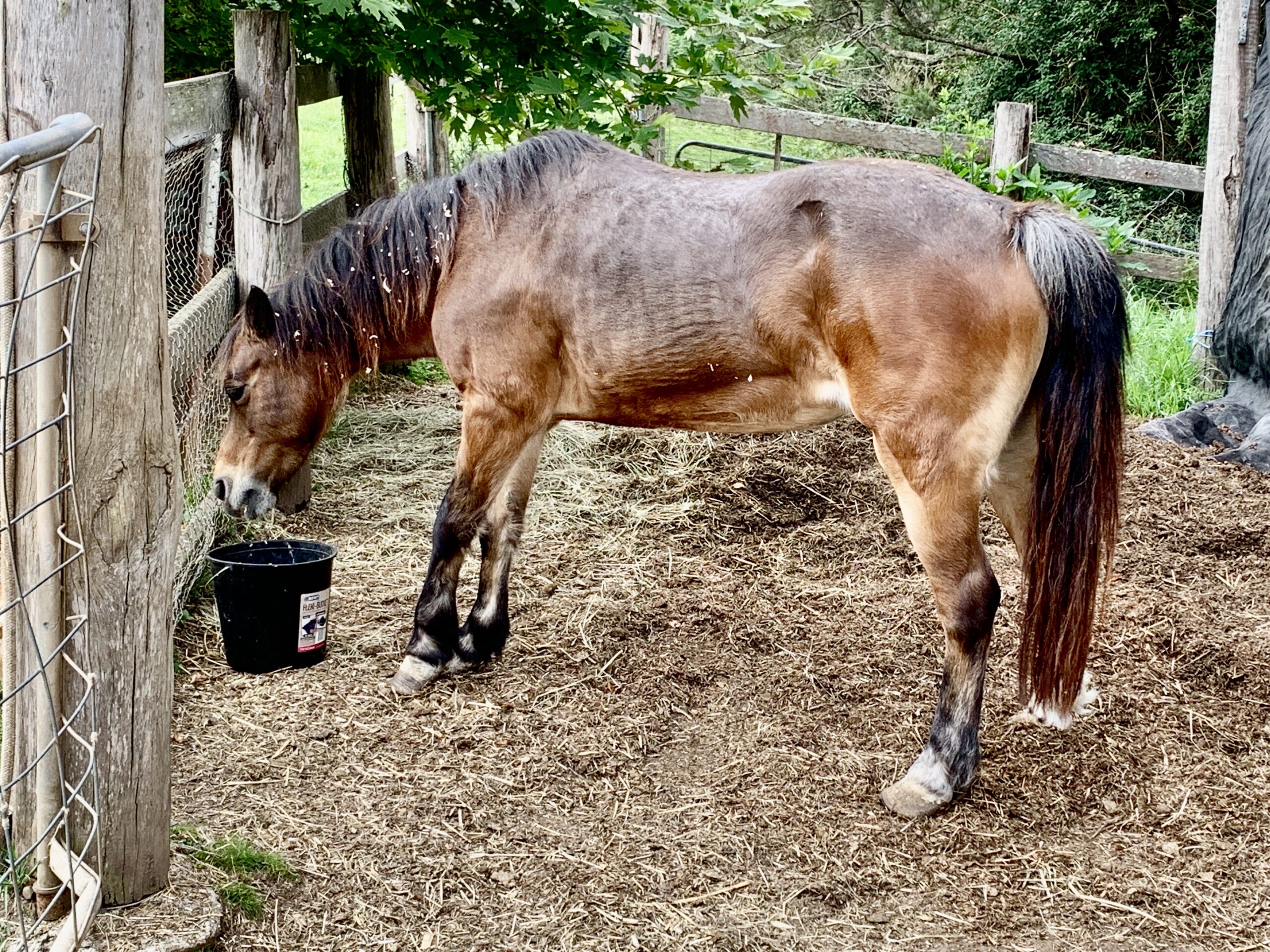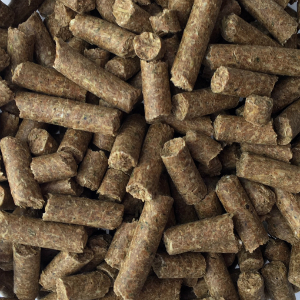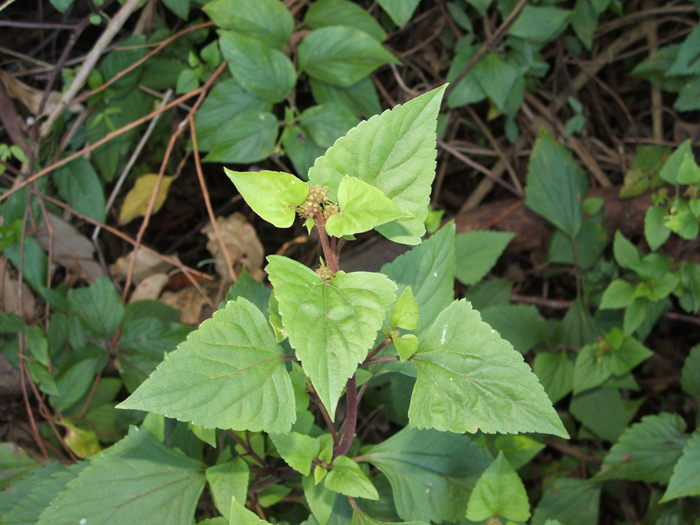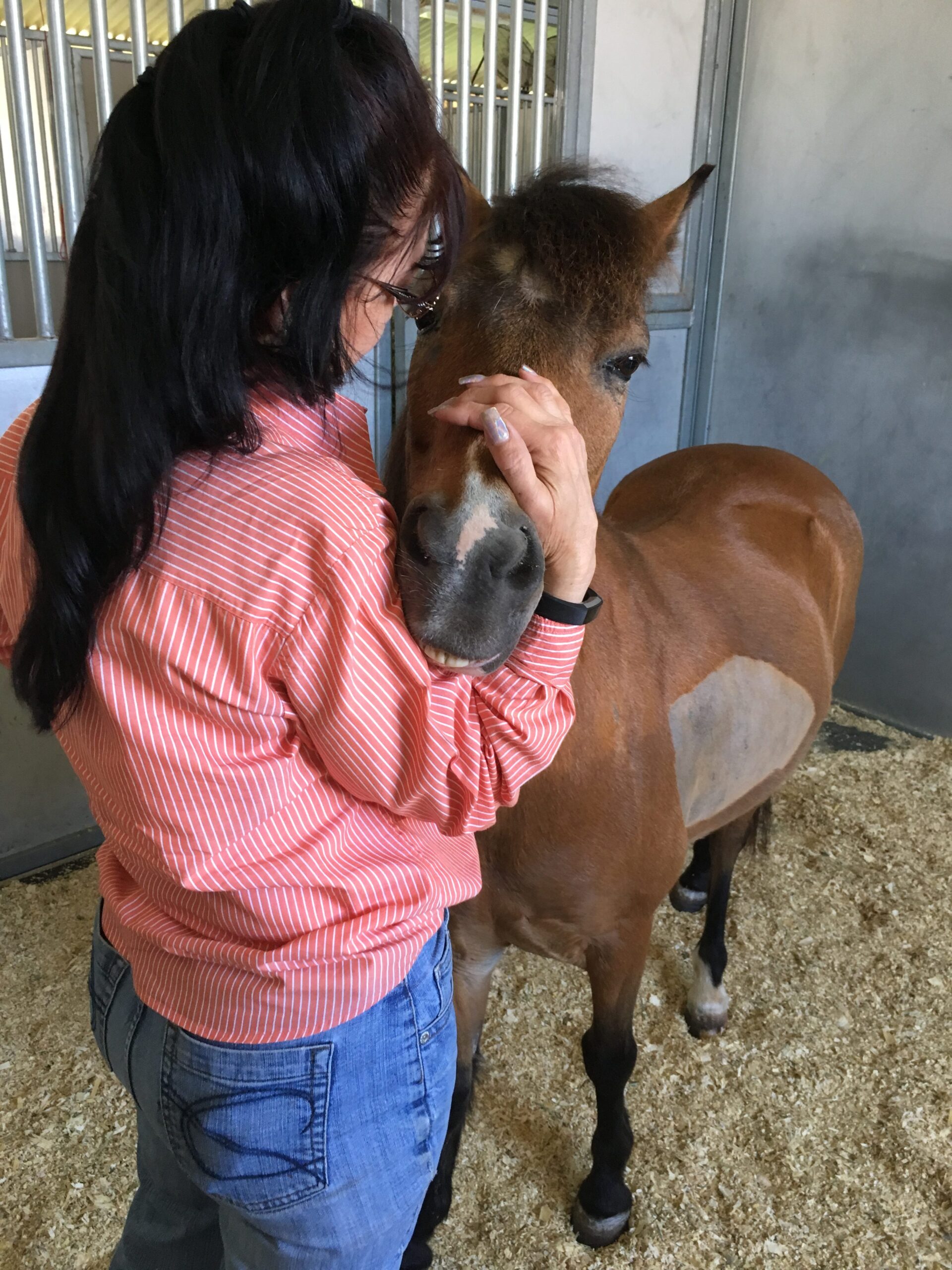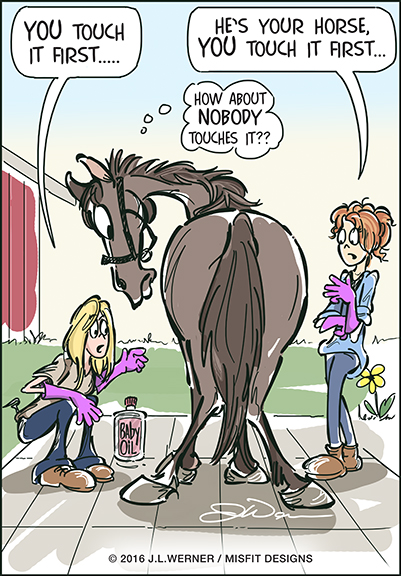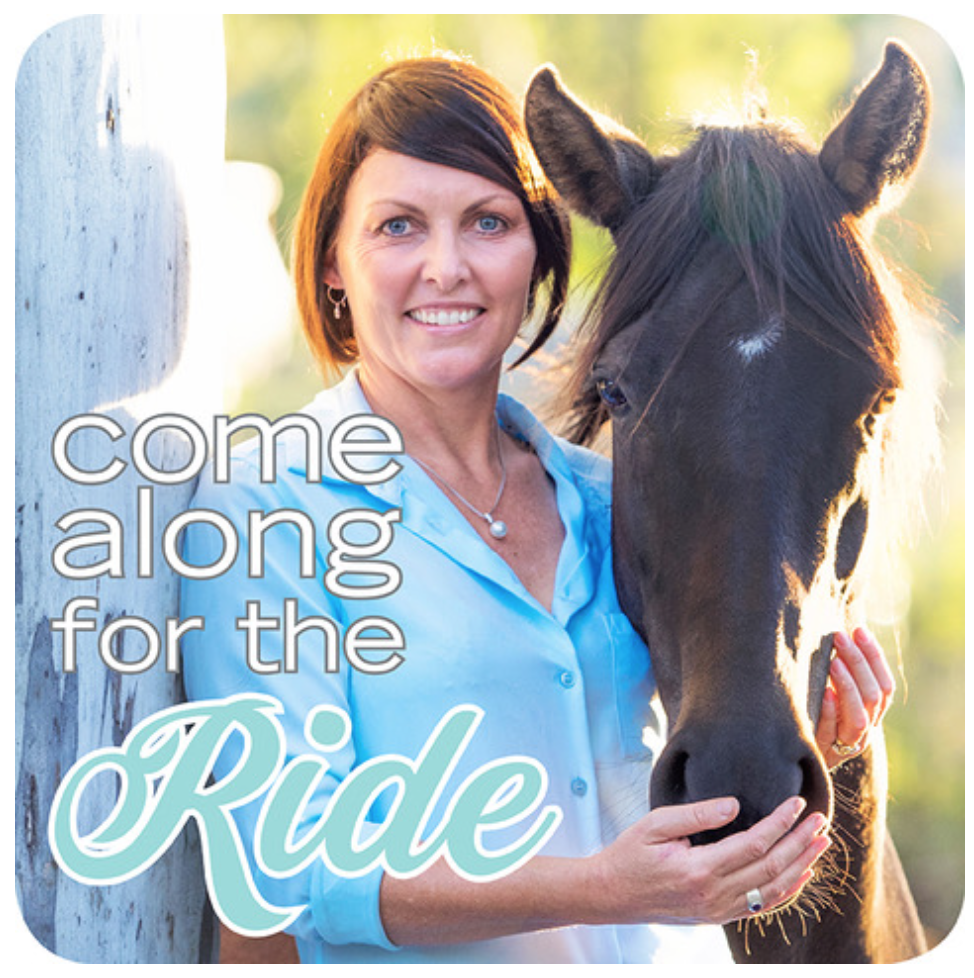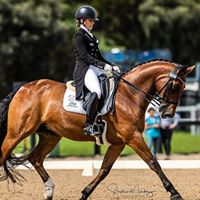Your cart is currently empty!
The Use of Omeprazole in Horses (gastric & duodenal ulcers)
Omeprazole is used to treat gastric and duodenal ulcers. Omeprazole brands include: Ulcerguard, Omeguard, Gastroguard, Gastropell, Equesta Equine Granules and more. ALWAYS check the ingredients list of any supplements you are buying for your horse. Gastric ulcers (EGUS) in the nonglandular squamous mucosa and glandular mucosa are common in horses involved in competition. Risk factors include intense exercise and dietary factors, such as high concentrate diets and periods of food restriction. Gastric ulcers should be suspected if the horse shows one or more of the following signs: Unwillingness to perform as usual, including resistance to riding aids. Picky appetite. Transient colic signs directly after feeding,
